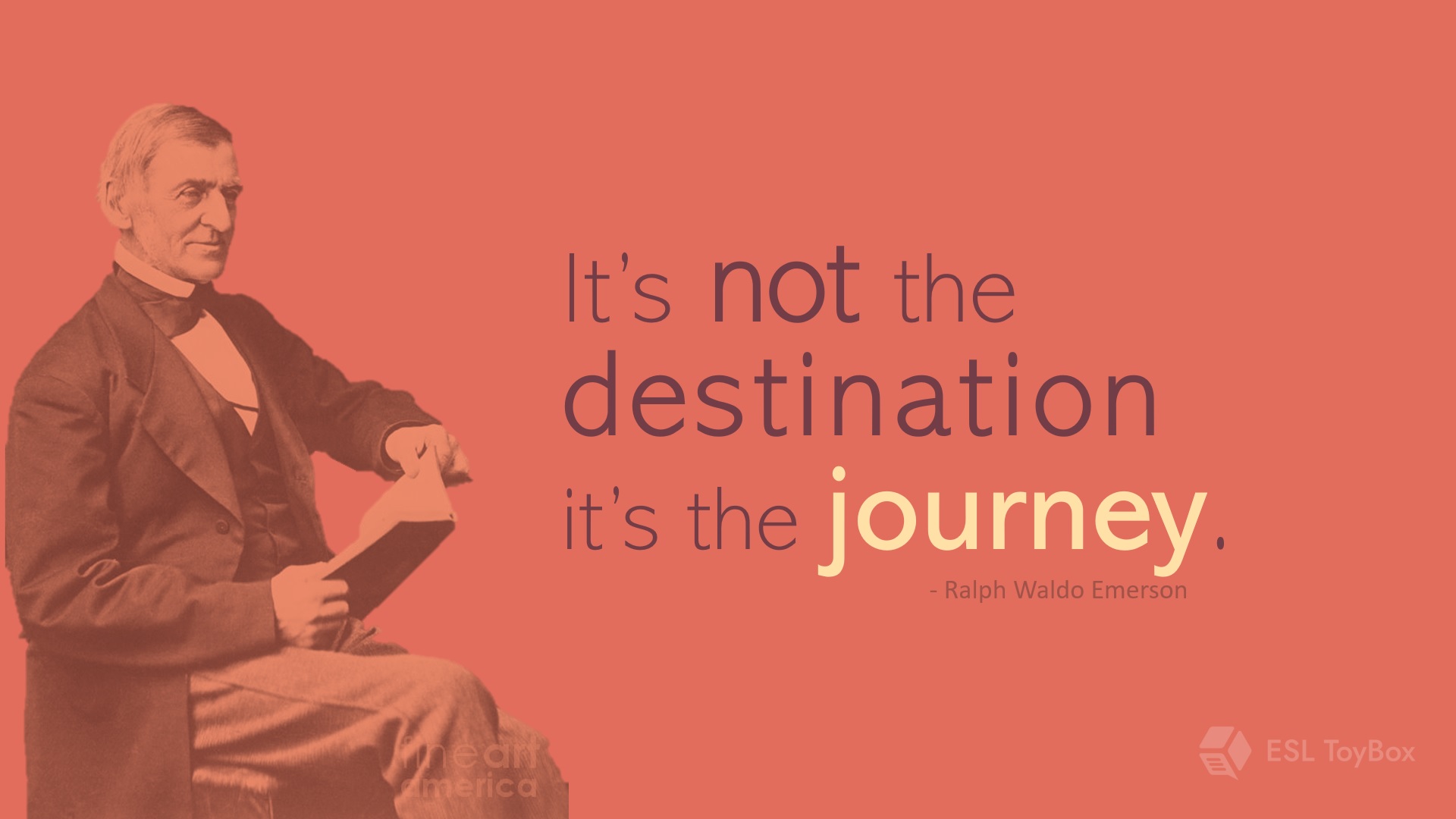It's not the Destination, but the Journey
How do you feel after accomplishing something? Do you feel really good and happy? Or does that happiness disappear quickly and turn into depression. This has been noticed in athletes, especially Olympic athletes after they finish a goal. Michael Phelps is a famous example. He has been outspoken about his mental health following his retirement in 2016. A few hypotheses have been proposed. Athletes at this high of level connect their identity with their sport, so when they retire, they feel like they don’t have an identity. But some athletes feel depressed even after winning a championship.
This is called post-achievement depression and it affects more than just athletes. Why is it that people feel depressed after completing something they have been working so hard towards? One reason might be the arrival fallacy. Arrival fallacy is the belief that you will be happy once you have done something. For example, “I’ll be happy once I am married” or “I’ll be happy when I get my promotion.” When that thing is accomplished, the person might be sad to learn that it didn’t have the effect they were looking for.
Another reason for post-achievement depression might be pre-goal attainment positive affect. This is the pleasure you feel from making progress towards a goal. We get more pleasure from making progress towards a goal than from accomplishing it. So, our brains get used to the extra dopamine from working towards a goal. After we accomplish that goal, we no longer get that dopamine and might end up feeling sad or depressed.
This is something that happens to me a lot. I feel stress and pressure when I am trying to achieve something, but I think I also get some dopamine from making progress. Afterwards, I feel lost, like I don’t have a purpose or direction. I think that is why I am always looking for a project or a goal to work towards. I was expecting to feel that way after completing the “9 Korean Words in English Dictionaries”, but I don’t think I did. Maybe a little. I find that I feel post-achievement depression after finishing a teacher-training session. I put a lot of effort into them, and I am glad when I have finished, but I also feel lost.
Ralph Waldo Emerson put this into words by saying, “it’s not the destination, it’s the journey.” There are many similar quotes like, “Life’s a journey, not a destination” and “It’s not about the journey, it’s about the destination.” He is talking about the idea of enjoying the process without focusing on the end goal. I think that is what pre-attainment positive effect is all about. The proverb started by Emerson is often repeated by English speakers in various forms. The point is, enjoy the process.
Has there been a time in your life where you felt depressed after completing a goal?
For more English phrases and quotes, follow me on Facebook:
https://www.facebook.com/ESL-ToyBox-112152010890485
Reference:
https://www.insider.com/michael-phelps-mental-health-scarier-than-ever-during-pandemic-2021-1
https://limitbreaker.co/post-achievement-depression/
https://gretchenrubin.com/2009/03/happiness-myth-no-8-youll-be-happy-as-soon-as-you/
https://johnjsills.com/2016/03/03/the-happiness-hypothesis-jonathan-haidt/
https://www.psychologytoday.com/us/blog/the-heart-addiction/201708/are-you-unhappy-achiever


